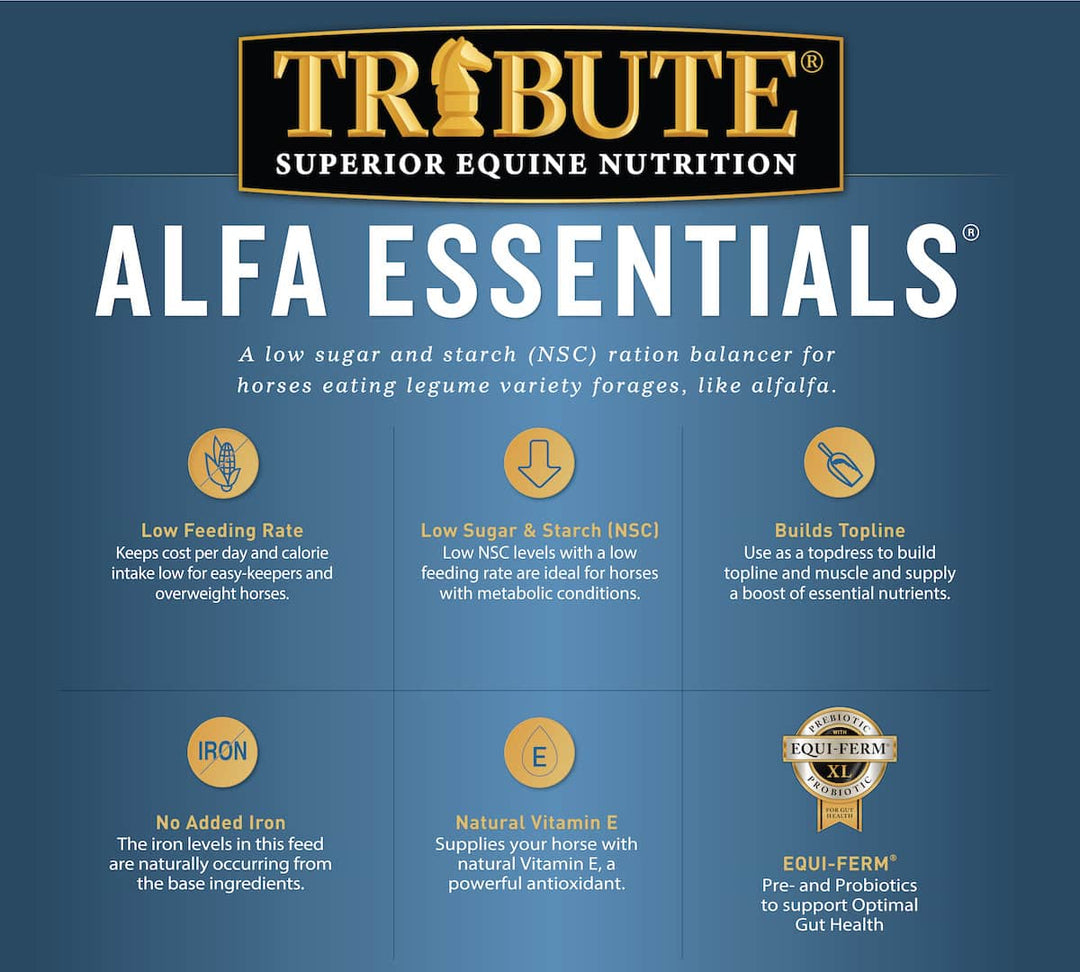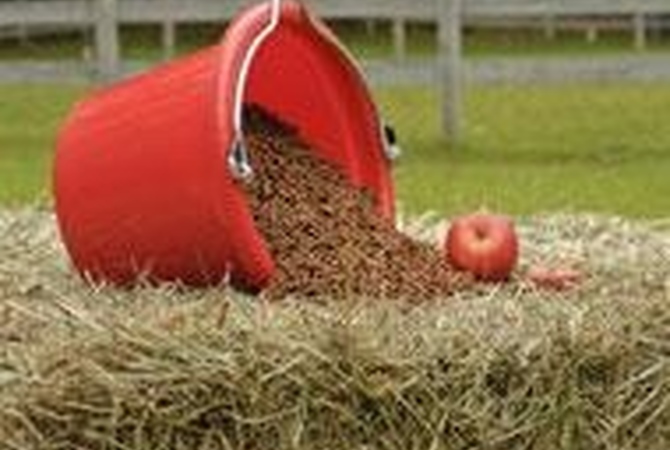Understanding Your Horse’s Nutritional Needs

Proper nutrition is fundamental to maintaining your horse’s health, performance, and longevity. Horses require a balanced diet that meets their energy, protein, vitamin, and mineral needs, which vary depending on their age, workload, and physiological status.
Key Nutritional Components for Horses
| Nutrient | Role in Horse Health | Common Sources |
|---|---|---|
| Water | Essential for hydration and metabolic processes | Fresh, clean water available at all times |
| Carbohydrates | Primary energy source | Forage (grass, hay), grains (oats, barley) |
| Proteins | Muscle repair and growth | Legume hays (alfalfa), soybean meal |
| Fats | Concentrated energy source | Vegetable oils, rice bran |
| Vitamins | Support immune function and metabolism | Fresh forage, supplements |
| Minerals | Bone development, nerve function, enzyme activity | Salt blocks, mineral mixes |
Understanding Your Horse’s Dietary Requirements
- Age: Foals, adults, and senior horses have different nutritional needs. Growing foals require higher protein and energy, while seniors may need easily digestible feeds.
- Workload: Performance horses need increased energy and electrolytes to sustain activity.
- Physiological Status: Pregnant or lactating mares require additional nutrients to support fetal development and milk production.
Feeding Strategies
- Forage First: Horses are natural grazers; forage should make up the majority of their diet.
- Balanced Concentrates: Use grains and supplements to fill nutritional gaps but avoid overfeeding to prevent digestive issues.
- Regular Feeding Schedule: Consistency helps maintain digestive health.
Common Feeding Mistakes to Avoid
- Overfeeding concentrates leading to colic or laminitis.
- Neglecting water availability.
- Ignoring changes in nutritional needs due to age or workload.
Frequently Asked Questions (FAQ)
Q1: How much hay should I feed my horse daily?
A: Generally, horses consume 1.5-2% of their body weight in forage daily. For a 500 kg horse, this equates to 7.5-10 kg of hay.
Q2: Can horses eat grains every day?
A: Grains can be part of the diet but should be fed in moderation and balanced with adequate forage to prevent digestive upset.
Q3: How do I know if my horse is getting enough vitamins and minerals?
A: A balanced diet with quality forage and appropriate supplements usually meets these needs. Regular veterinary check-ups and blood tests can help monitor nutrient status.
Q4: What signs indicate my horse’s diet needs adjustment?
A: Weight loss, poor coat condition, lethargy, or digestive problems may signal nutritional deficiencies or imbalances.
By understanding and meeting your horse’s nutritional needs, you ensure their well-being and optimal performance. Always consult with an equine nutritionist or veterinarian to tailor a diet specific to your horse’s requirements.
